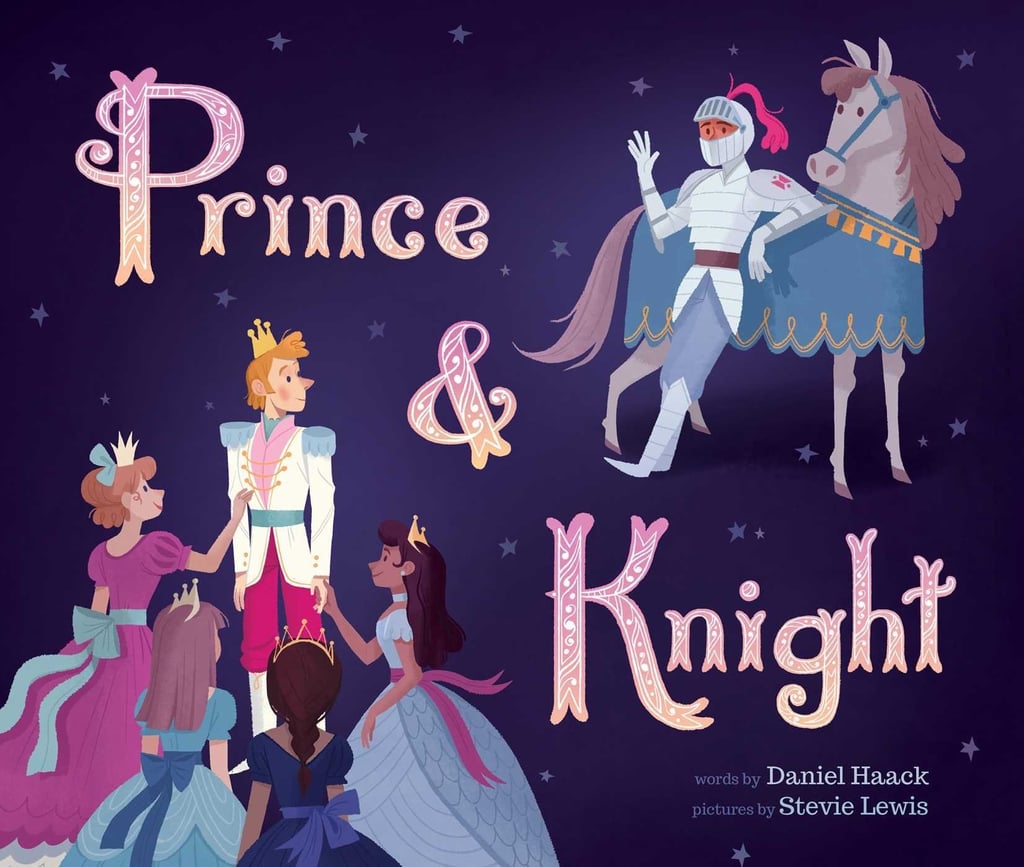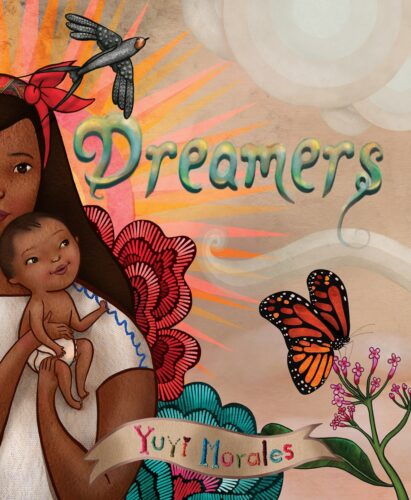 This month’s Industry Insider interview is with Charlie Ilgunas, Associate Editor at Little Bee Books. Once I saw how his Twitter bio claimed that despite what Pottermore tells him, his Patronus is a capybara, I knew we’d get along famously—my unofficial Patronus is a penguin, after all!
This month’s Industry Insider interview is with Charlie Ilgunas, Associate Editor at Little Bee Books. Once I saw how his Twitter bio claimed that despite what Pottermore tells him, his Patronus is a capybara, I knew we’d get along famously—my unofficial Patronus is a penguin, after all!
C’mon. Everyone knows that the capybara is just a furry, flipperless penguin.
Since we’ll hit on a lot of bio-type stuff below, let’s just jump right into the Qs and As, okay? Onward!
Twitter: https://twitter.com/chillgunas
LinkedIn: https://www.linkedin.com/in/cilgunas/
Little Bee Books Website: https://littlebeebooks.com/
RVC: Instead of beginning with the typical “how did you get started?” questions, let’s go a different route. You’re been with Little Bee Books for almost five years now. In all that time, what have you come to realize distinguishes a Little Bee picture book from those that other publishers produce?
CI: I think I would define our books as sophisticated but accessible. We acquire a lot of books that revolve around little-known stories or people, that happen around big events or movements, or discussing topics that don’t get discussed enough in picture books and middle grade. We’re also proud to work with GLAAD on titles that we hope will increase LGBTQ visibility in younger readers and accelerate inclusivity and acceptance.
RVC: What are a few of your titles that you think made big strides in that direction?
 CI: Prince & Knight has made the biggest impact so far; the reception to that one over the past year been fantastic! And its companion title, Maiden & Princess, just came out in April. This month we have two more coming out, Except When They Don’t, a book about gender stereotypes, and Our Rainbow, a board book about the colors of the pride flag.
CI: Prince & Knight has made the biggest impact so far; the reception to that one over the past year been fantastic! And its companion title, Maiden & Princess, just came out in April. This month we have two more coming out, Except When They Don’t, a book about gender stereotypes, and Our Rainbow, a board book about the colors of the pride flag.
RVC: Let’s talk about the process of getting great manuscripts into the hands of the decision makers. Early career writers ask me this all the time—what’s the difference between editor titles (assistant, associate, etc.)? Is one a better submission target for first-time-at-book-length picture book authors?
CI: It can mean different things at different houses. At large houses, since their lists are bigger, the roles can be a bit more rigid. Editorial assistants assist the director/publisher with their work and any admin, research, and submission help, whereas assistant editors are there to help a particular editor on the team and are getting more hands-on experience in the editorial process—and this is usually the time that they start getting a few of their own acquisitions. Associate editor is the next step up and are essentially junior editors that are forming their own list.
At Little Bee, however, we’re quite a small publisher, so roles are more fluid! When I was an editorial assistant, about 7 months in I took something to acquisitions and signed my first title. And when I became assistant editor, I was essentially acquiring and building my own list. So there is a lot of creative freedom and involvement in the editorial process allowed for assistants here, which I really appreciated.
As for targeting submissions, I wouldn’t say that any one is a better target for debut authors. Newer editors might have less preconceived notions about a text and don’t have as much in the back of their mind to compare it to other projects they’ve worked on or the publisher’s list, but even so, that still gets brought up in acquisitions by other members of the team who do have that experience!
RVC: After earning your BA in English Lit from Washington University in St. Louis, you got a Graduate Certificate in Publishing at the Denver Publishing Institute at the University of Denver. What was that certificate program like? How did it prepare you for being a kidlit editor?
CI: The certificate program was a great experience. It really appealed to me because it was solely focused on books, and the ones at Columbia and NYU have half their curriculum devoted to magazines/digital media, which I wasn’t interested in. It prepared me in that it exposed me to a lot of aspects and functions involved in the process of getting a book from acquisitions to publication that I hadn’t thought of or was aware of at the time. And it also connected me with a lot of other people who were passionate about publishing and helped me prepare for getting my first job!
RVC: How did you find yourself in the kidlit publishing side versus, say, handling textbooks, literary fiction, or potboilers?
CI: It’s kind of funny–I remember that a big chunk of the group at Denver loved the kidlit presentation (from Greenwillow Books) and seemed determined to get into kid’s books. At the time, I was actually leaning more toward adult fiction or nonfiction. But as time passed and I was trying to get my foot in the door anywhere, I ended up getting an internship at Bloomsbury in their children’s department that completely changed my perspective. Now, I can’t imagine doing anything else!
RVC: What finally sold you on kidlit?
CI: I think what clicked when I started working there is that I just reconnected with what made me fall in love with books as a child. The sweeping illustrations and zany or heart-melting stories of picture books, the feeling of anticipation with a great adventure, the desire to get spooked with a creepy middle grade. I think in a lot of ways, adult books (and some YA, to an extent), can be locked into tropes and conventions of whatever genre it is, but with picture books and middle grade, I feel that their worlds and characters are so open and that they can go anywhere in the next turn of the page.
RVC: Three of my own students have recently decided that being a book editor might be for them. What path do you recommend they take after they finish their BFA in the creative writing program I run at Ringling College of Art and Design?
CI: Internships are really the best way to get into the business, since you’ll build experience, a pool of references, and may even by hired by the company you intern with. I was lucky because the internship I did with Bloomsbury was both paid and open-ended, meaning I could work there until I found an editorial assistant job.
Another thing I’ll say is that you shouldn’t be picky about what you apply to. As I said, I was really focused toward adult books, but I started applying to everything, even managing editorial jobs. And that’s actually how I got the Bloomsbury job—I interviewed for a managing editorial internship and didn’t get it (because I had absolutely no managing ed experience!), but I got along so will with the managing editor that she sent me an e‑mail when there was an editorial internship opening and recommended me to the hiring editors.
 RVC: You recently acquired Albert D.J. Cashier and Two Grooms on a Cake in a two-book deal with Rob Sanders, a friend of OPB. (In fact, his was the first interview we ever did.) What drew you to those manuscripts? (I confess I feel a real stake in this since I knew these manuscripts well before you ever saw them—Rob talked about them during his frequent classroom visits at Ringling College.)
RVC: You recently acquired Albert D.J. Cashier and Two Grooms on a Cake in a two-book deal with Rob Sanders, a friend of OPB. (In fact, his was the first interview we ever did.) What drew you to those manuscripts? (I confess I feel a real stake in this since I knew these manuscripts well before you ever saw them—Rob talked about them during his frequent classroom visits at Ringling College.)
CI: So, we were first presented with two manuscripts, Albert D.J. Cashier and one we didn’t end up acquiring. I really liked Albert because it was a really interesting story that I hadn’t heard anything about before. And I was so impressed with Rob’s research. His backmatter is very extensive, and in the editing process, it was fascinating to comb through a 192-page pension file to see all the back and forth about Albert’s case.
Two Grooms on a Cake actually came at the last minute; we were about to settle the contract for Albert when the agent sent it over, and I couldn’t have been happier reading through it. It was such a great perspective to tell the story of America’s first gay wedding from, and since we already had Albert slated for 2020, Two Grooms would come out in 2021, the 50th anniversary of Jack and Michael’s wedding. It was too perfect!
RVC: I hear a lot from picture book authors who can’t seem to break through. What’s the most common thing that ends up being the deal breaker for an otherwise-pretty-solid manuscript?
CI: I read a lot of picture books that have very solid, even fantastic ideas, but just peter out at the end and don’t have a satisfying arc. Having a great idea is important, but the author still needs to find somewhere to take it and a way to make it a full story—one that will keep a distracted kid interested at story times or when learning to read for themselves, one they will want to read again and again.
RVC: One last question before we reach the much-ballyhooed, never-equaled, always-appreciated LIGHTNING ROUND! What kind of picture books do you think the marketplace is missing right now?
CI: I think what’s exciting is that there is such a diversity of stories being told today that there aren’t as many things clearly and perceptibly missing from the market. But one thing I can think of is that I wish that there was more room for unusual picture book formats—oversized, or unusually shaped, or the like. A lot of accounts are pretty quick to reject stuff like this since they have shelf requirements, but indies are pretty accommodating to these types of formats as long as they think it’s cool and see buyers for it!
RVC: Okay, it’s time. Lightning-fast Qs and As please! Ready?
CI: Let’s do this!
RVC: Most underappreciated Harry Potter spell?
CI: Arania Exumai—it’s only in the movies, but I would use this all time against spiders!
RVC: Favorite burger joint in NYC?
CI: I don’t know if I’m qualified to say, since I was a vegetarian for 8 years until recently; I haven’t had too many yet! I like Shake Shack, and there’s a place near where I live called Burger Club that makes a great burger.
RVC: On a scale of 1 to 1,000, how excited would you be to get a picture book manuscript about (or by!) a capybara?
CI: I actually have one right now that includes a capybara! Not the main character, though, so not quite 1,000, but I was still so excited.
RVC: The #1 Little Bee picture book to watch for in 2020?
CI: Grandpa Grumps. I loved working on this book so so much; it will make you laugh and cry (and possibly hungry)!
RVC: Your favorite non-Little Bee picture book of 2018?
 CI: I thought We Don’t Eat Our Classmates was hilarious. And Dreamers is utterly gorgeous.
CI: I thought We Don’t Eat Our Classmates was hilarious. And Dreamers is utterly gorgeous.
RVC: Three words that describe your work (or goals or philosophy—whatever works best here) as an editor.
CI: Curiosity. Conscientiousness. Wonder.
RVC: Thanks so much, Charlie. Much appreciated!

